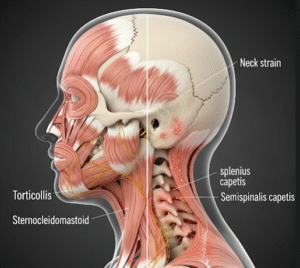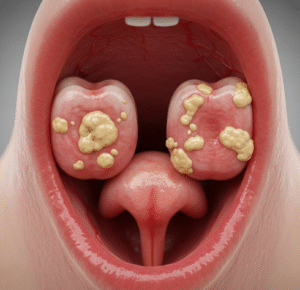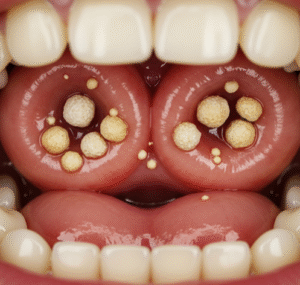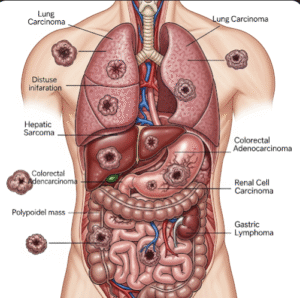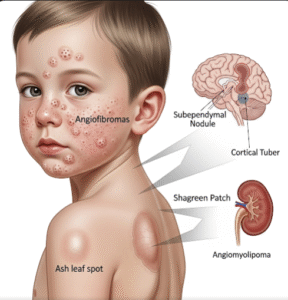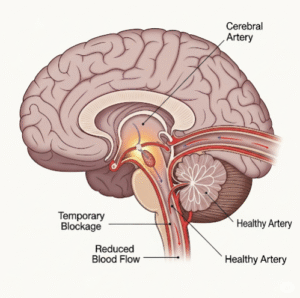Overview
Attention-Deficit/Hyperactivity Disorder (ADHD) is a common neurodevelopmental condition that affects children and often continues into adulthood. It is characterized by persistent patterns of inattention, hyperactivity, and impulsivity that interfere with daily functioning or development. In South Korea, awareness and diagnosis of ADHD have grown rapidly, with an increasing number of treatment options available for both children and adults.
What is Attention-Deficit/Hyperactivity Disorder (ADHD)?
ADHD is a brain-based disorder that affects behavior, emotional regulation, and executive functioning. It often becomes apparent in early childhood and may persist throughout life. The condition is divided into three main types:
- Predominantly Inattentive Presentation (formerly called ADD): Trouble staying focused, following instructions, or organizing tasks.
- Predominantly Hyperactive-Impulsive Presentation: Excessive movement, fidgeting, talking, and impulsive decisions.
- Combined Presentation: A mix of inattentive and hyperactive-impulsive symptoms.
Symptoms
Symptoms may vary depending on the type of ADHD:
Inattention:
- Difficulty sustaining attention in tasks or play
- Careless mistakes in schoolwork or work
- Avoiding tasks that require mental effort
- Frequently losing items
- Easily distracted or forgetful
Hyperactivity and Impulsivity:
- Fidgeting or squirming
- Running or climbing in inappropriate situations
- Excessive talking
- Interrupting conversations
- Difficulty waiting for one’s turn
Causes
The exact cause of ADHD is unknown, but research suggests a combination of:
- Genetics: Strong hereditary link, with ADHD running in families
- Brain structure and function: Differences in certain brain areas involved in attention and self-control
- Environmental factors: Exposure to toxins (e.g., lead), prenatal substance use, or premature birth
- Neurotransmitter imbalance: Particularly involving dopamine and norepinephrine
Risk Factors
- Family history of ADHD or other mental health disorders
- Low birth weight or premature birth
- Maternal smoking, alcohol use, or drug use during pregnancy
- Exposure to environmental toxins (e.g., lead paint)
- Early childhood trauma or neglect
Complications
- Poor academic performance
- Difficulty in relationships
- Low self-esteem
- Increased risk of accidents and injuries
- Co-existing conditions like anxiety, depression, or learning disorders
- Substance abuse in adolescence or adulthood (if untreated)
Prevention
There is no sure way to prevent ADHD, but certain measures may reduce the risk or impact:
- Avoid alcohol, tobacco, and drugs during pregnancy
- Protect children from exposure to environmental toxins
- Provide a stable, supportive home environment
- Early identification and behavioral support
Treatment Options in Korea
South Korea offers a broad range of ADHD treatments supported by both public health initiatives and advanced clinical care. Diagnosis and treatment are widely accessible through hospitals, mental health clinics, and school-based programs.
1. Diagnosis
- Conducted by child psychiatrists, pediatricians, or psychologists
- Comprehensive evaluation including:
- Behavioral assessments
- Teacher and parent questionnaires (e.g., K-ARS – Korean ADHD Rating Scale)
- Interviews and developmental history
- In some cases, neuropsychological testing
2. Medications
Several medications are available in Korea to help manage ADHD symptoms:
- Stimulants:
- Methylphenidate (e.g., Concerta, Ritalin)
- Often first-line treatment
- Available under Korean National Health Insurance
- Non-stimulants:
- Atomoxetine (Strattera)
- Guanfacine (Intuniv, recently introduced in Korea)
- Used when stimulants are not effective or cause side effects
3. Behavioral Therapy
- Widely used in schools and clinics across Korea
- Includes:
- Parent training in behavior management
- Cognitive-behavioral therapy (CBT)
- Classroom behavior interventions
- Social skills training
4. Educational Support
- School counseling and special education services
- ADHD accommodations through Individualized Education Plans (IEPs)
- Collaboration between teachers, parents, and healthcare professionals
5. Family Counseling and Support
- Parental education is critical for success
- ADHD support groups for parents are growing in Korea
- Family therapy helps improve communication and reduce stress
6. Digital and Lifestyle Interventions
- Korea is a global leader in digital health; various ADHD management apps and online CBT platforms are available
- Importance of sleep, healthy diet, and structured routines is emphasized in Korean ADHD programs
7. Adult ADHD Care
- Adult ADHD is increasingly recognized and treated in Korea
- Adult ADHD clinics are available in tertiary hospitals
- Treatments include medication, life coaching, CBT, and occupational therapy



